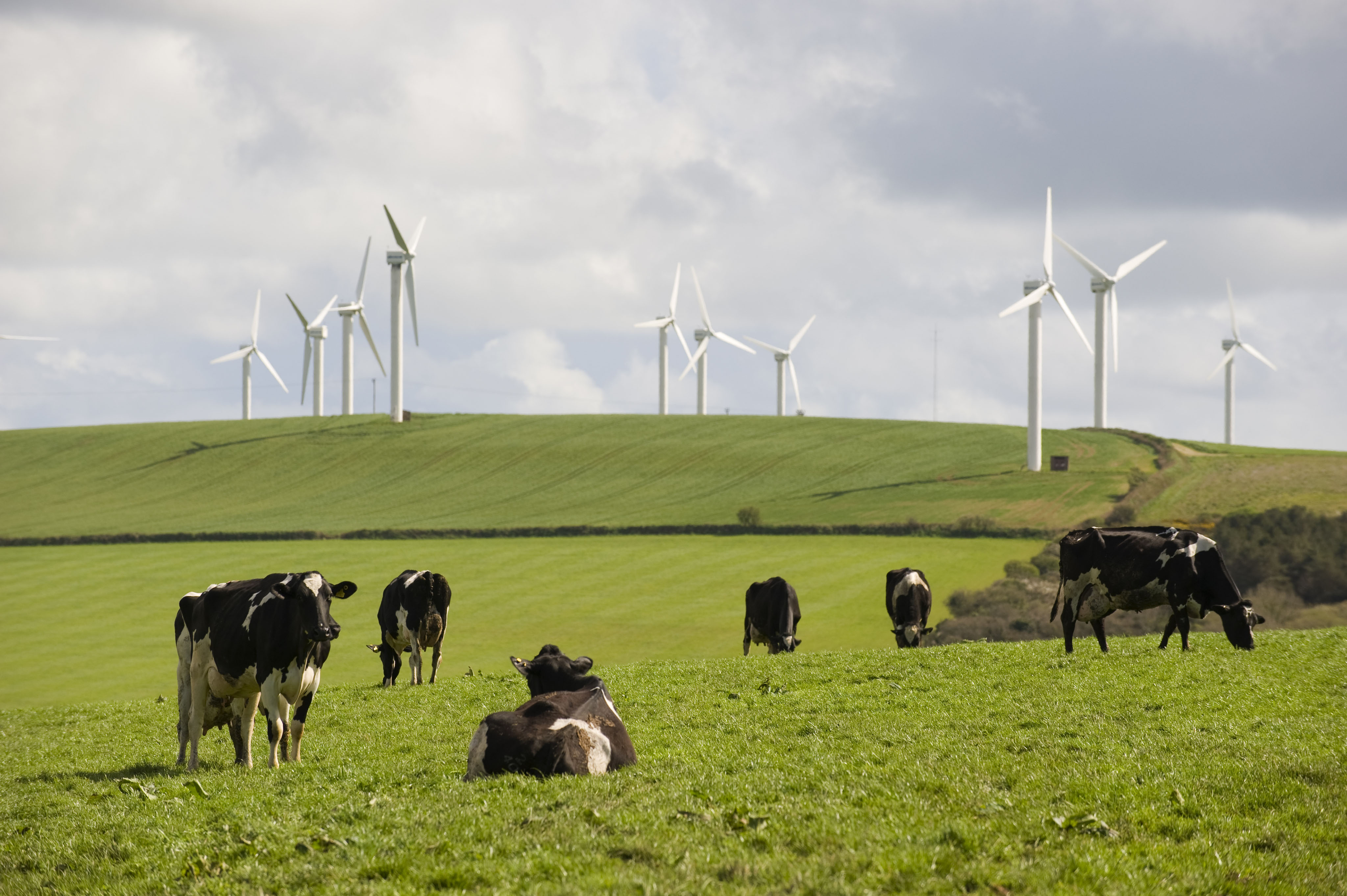NATIONAL FOOD STRATEGY
The Strategy marks the first serious review of the UK’s food system for 75 years with the food production industry responsible for 20% of the UK's carbon emissions, it is vital that we reduce the carbon emissions in this sector drastically in order to achieve net-zero.
The UK government is being urged to unveil and implement new plans in the agriculture sector and prohibit the import of goods produced in high carbon environments.
According to an independent review commissioned by the Government in 2020 and published on the 15th of July called the “National Food Strategy”. The review was overseen by Henry Dimbleby, co-founder of restaurant chain Leon and the Sustainable Restaurant Association. Mr. Dimbleby also serves as a non-executive board member at the Department for Food, the Environment and Rural Affairs (Defra). This is the first serious review of the UK’s food system for 75 years and has the support of Professor Sir Partha Dasgupta, author of the recent global review on the economics of biodiversity.

The information presented in the report state that the farming sector’s trade bodies and most farmers, are keen to make the required changes to respond to the challenges they face to reduce emissions, but they require more clarity about the implementation of the new Environmental Land Management (ELM) scheme detailed in the Agriculture Bill. The Agriculture Bill is designed to replace the subsidies offered pre-Brexit under the EU’s Common Agricultural Policy, the ELM scheme will pay farmers for “public goods” including woodland, flood prevention, soil improvement, animal welfare and carbon sequestration. The hope is to discourage farmers from believing that they must use intensive methods to make a living.
It has also been recommended in the document that a commitment should be made by Defra to map land use across England and to assess the suitability of each piece of land for various environmental incentive schemes. With this tool, the report argues, plans could be drawn up to use some areas chiefly for food production, some for nature and carbon sequestration and some for low-intensity, nature-friendly farmland. This split should be aligned with the UK’s long-term climate and nature targets.
